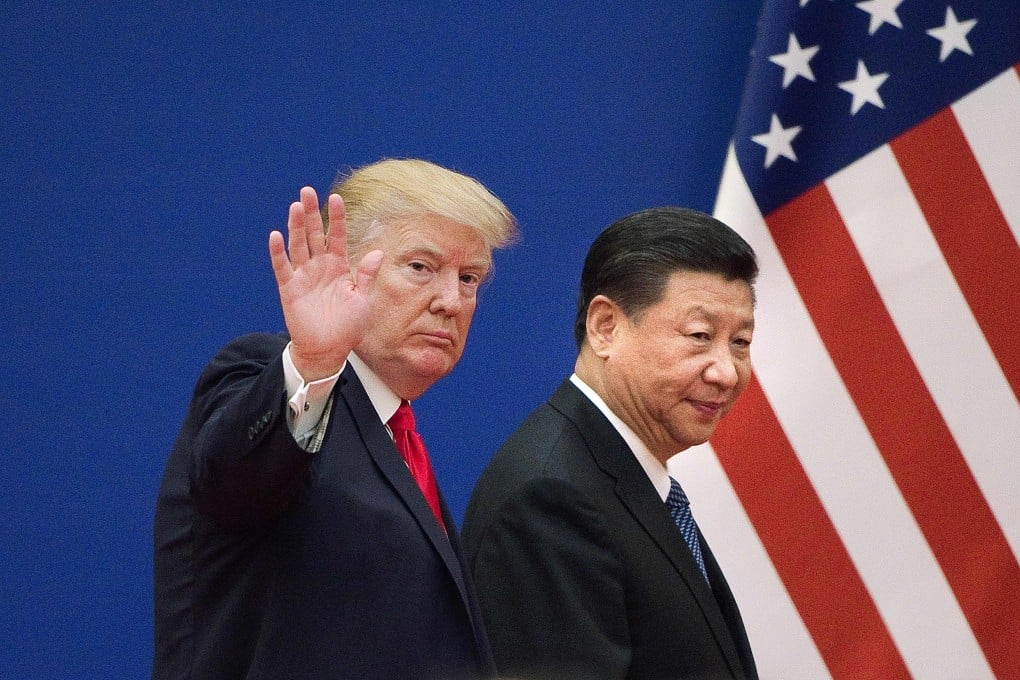Opinion | US-China rivalry: it’s not a Cold War, but is conflict inevitable or avoidable?
- Neither Washington nor Beijing want conflict in the South China Sea, or over Taiwan or Hong Kong, says former Singapore ambassador Chan Heng Chee
- But in the absence of mutual trust, they will push their positions to the farthest limit, and Asean will be the site of keen strategic competition

The Trump administration is convinced China wants to offer an alternative model and shape a world antithetical to the values and interests of the US.

01:34
Trump ‘pleaded’ for China to help him get re-elected, writes former US adviser Bolton in new book
The US has been the hegemonic power for the past seven decades in Asia, providing a strong security and economic presence. The rise of China has been welcomed in Southeast Asia as both an opportunity and challenge. Although there are two US treaty allies in Asean – Thailand and the Philippines – they are less enduring allies for the US, unlike Japan or South Korea, as they were not driven by the same existential need for the treaties.
In recent years the Philippines under President Rodrigo Duterte has rebalanced its policy, pivoting to China. It continues to maintain US military ties, though it is ambivalent about whether to end the status of forces agreement (SOFA) with the US.
